Have you ever wondered if the air inside your home could make you sick? It's a valid question, especially when thinking about the hidden parts of your home, like air ducts.
Read Full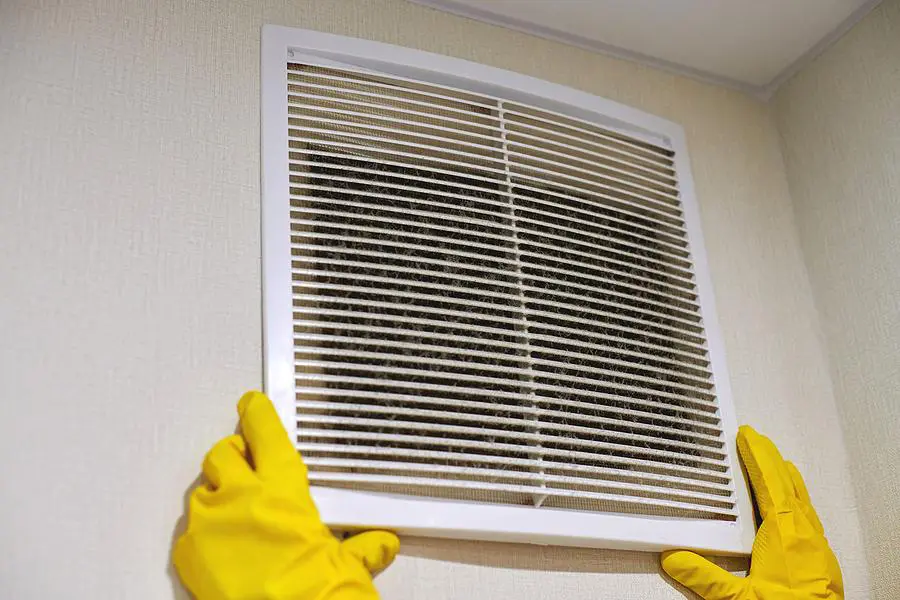
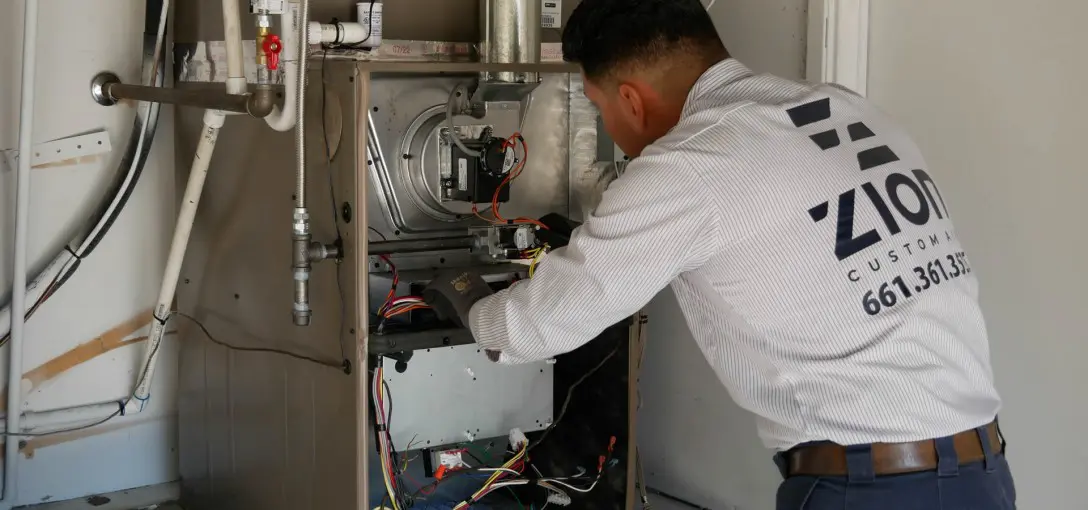
Winter makes living comfortably more important, so having an efficiently operating furnace is vital for keeping the heat inside the home warm. But just like any appliance, furnaces may experience problems over time. Awareness of warning signs that signal failure can prevent costly AC repair while keeping family safety paramount. Zion Custom Air explores six indications that your furnace might soon stop working!
One of the clearest indicators of furnace trouble is unusual noises coming from your unit. If it starts making banging, rattling, or squeaking noises, then pay attention; such sounds could indicate anything from loose components or damaged components to an issue with its blower motor requiring attention - and failing to address such sounds could result in further damage as well as potentially more costly air conditioning repair bills.
Suppose your furnace makes any strange sounds or produces any unusual emissions. In that case, it's wise to contact a reliable HVAC company immediately to diagnose and resolve it before further complications develop. They will have access to specialists who diagnose and resolve it as quickly as possible before further damage ensues.
Another sign that your furnace could be struggling is inconsistent heating in various parts of your home or via thermostat settings that no longer seem to maintain an even temperature. This symptom could stem from any number of issues - be they malfunctioning thermostat, blocked vents, or an outdated furnace itself - so regular checking may help identify when things change drastically in terms of heating needs in different rooms of the house or thermostat settings, not maintaining an appropriate setting can indicate something's amiss with either element of heating in general.
Before jumping to conclusions, check your vents and replace your air filter to eliminate them as potential sources. If this issue continues, scheduling a professional furnace inspection could identify its root cause and recommend necessary repairs.
A sudden and unexplained spike in energy costs without other changes could indicate something amiss with your furnace's operation. A furnace that works harder to produce heat will consume more energy overall, so if your bills suddenly increase for no other apparent cause, now could be the time to review its performance and evaluate any necessary fixes or upgrades needed for optimal heating levels in your household.
An HVAC professional can conduct an in-depth furnace inspection to identify issues contributing to higher energy usage, recommend maintenance or repairs, and save you money over time.
If your furnace requires frequent repairs, this could be a telltale sign that its lifespan has ended. Older furnaces experience more breakdowns, leading to additional repair bills in short order; under such circumstances, investing in an energy-efficient new model is more cost-effective.
An HVAC company can assess your furnace's condition and recommend replacement or upgrade options that could save both repairs and energy bills in the long term.
Keeping tabs on the color of the flame in a gas furnace burner is crucial, particularly during regular inspections. An optimal flame should feature blue hues with a consistent and steady burn; any yellow tint or flicker may signal issues within its combustion process and necessitate additional investigation.
Yellow flames may indicate incomplete combustion, leading to carbon monoxide emissions into your home and potential harm. They could result from issues with gas supply or dirty burners preventing airflow or inadequate ventilation; because carbon monoxide has no aroma or color, any flame discolorations must be treated seriously by consulting an HVAC service company for inspection immediately.
Next, take into consideration how old your furnace is. Furnaces typically last between 15-20 years with proper care and usage; as their age approaches or exceeds this range, they may experience more frequent breakdowns or reduced efficiency than expected.
Even if your furnace is operating efficiently, it is prudent to plan for its replacement shortly. An energy-efficient model could not only increase comfort while cutting energy bills and carbon emissions significantly.
We aim to offer premium HVAC services tailored to your heating and cooling needs. Our knowledgeable technicians are on standby to assist in diagnosing any problems with your furnace to ensure it operates reliably and efficiently. If unusual noises, inconsistent heating patterns, or increased energy bills have arisen, Zion Custom Air can offer practical solutions.

Have you ever wondered if the air inside your home could make you sick? It's a valid question, especially when thinking about the hidden parts of your home, like air ducts.
Read Full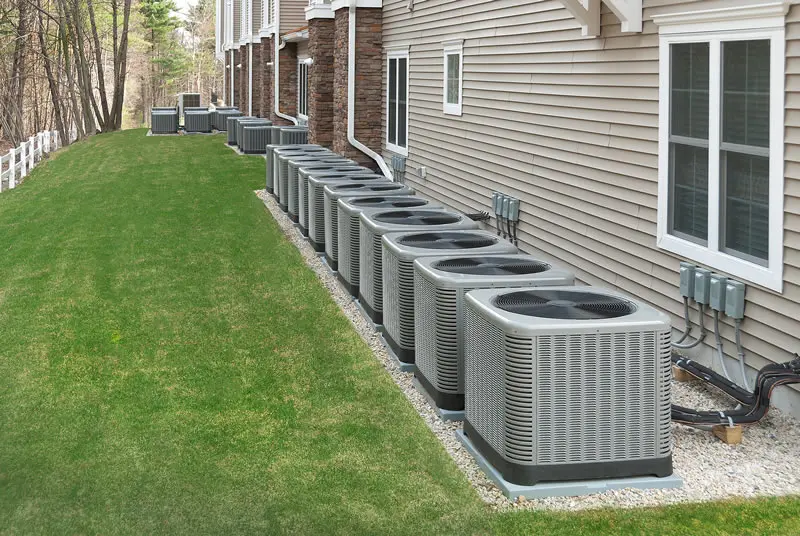
Finding ways to keep your home comfortable throughout the year can be difficult. Various solutions are available, but here, we will focus on two popular ones—heat pumps and
Read Full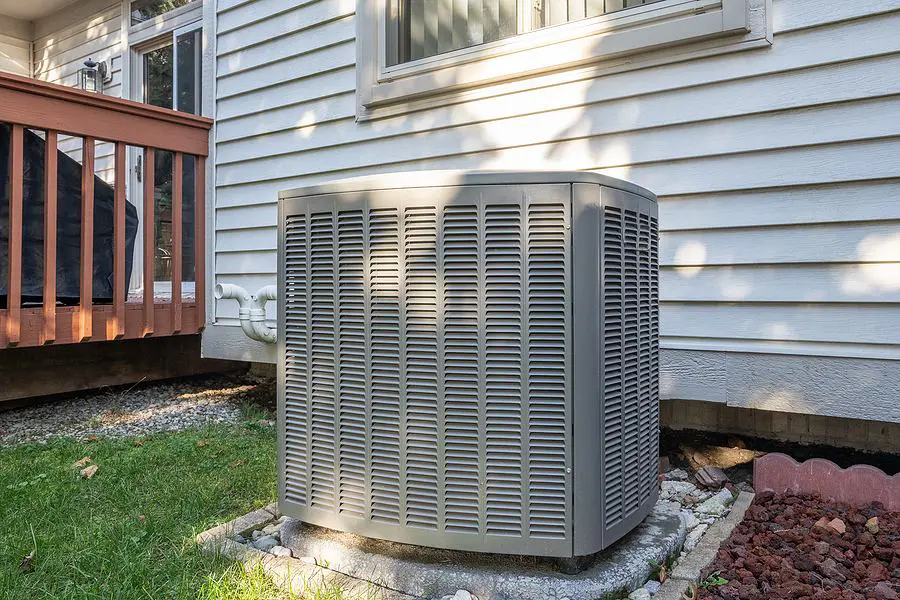
Finding an appropriate heating replacement and cooling system to keep your home comfortable can be challenging. Two popular choices are forced air systems and central air systems.
Read Full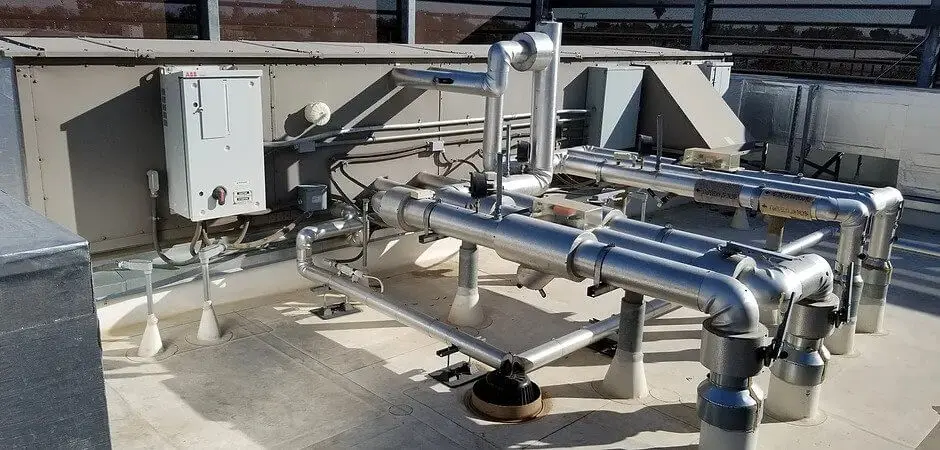
Finding the optimal heating design for your building is like selecting the ideal winter coat: It should fit comfortably, provide warmth without breaking the bank, and last through several
Read Full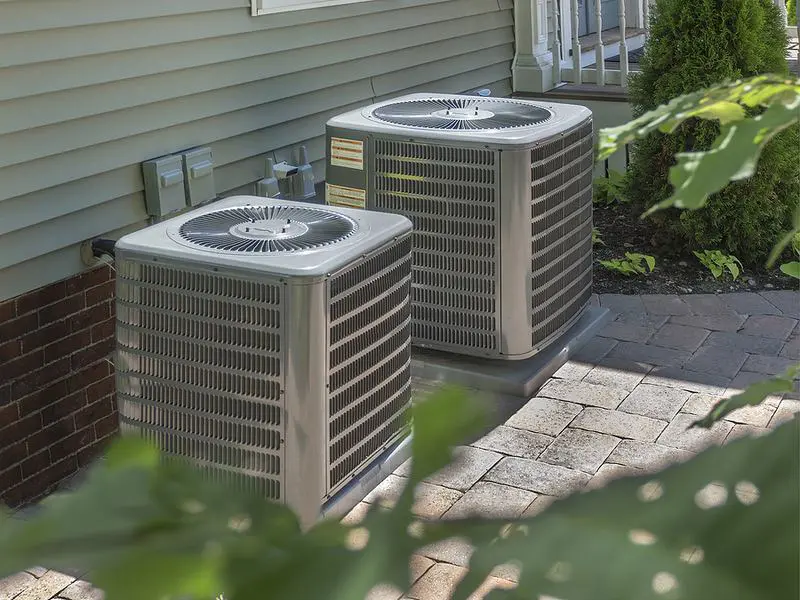
Heat pumps are like superheroes for our homes, keeping us cozy during winter and refreshing during summer. Unfortunately, even superheroes sometimes need help, so
Read Full18723 Via Princessa Ste 135, Santa Clarita 91321
661-361-3535Your local professional HVAC technicians. Schedule Heating & Cooling service today.
